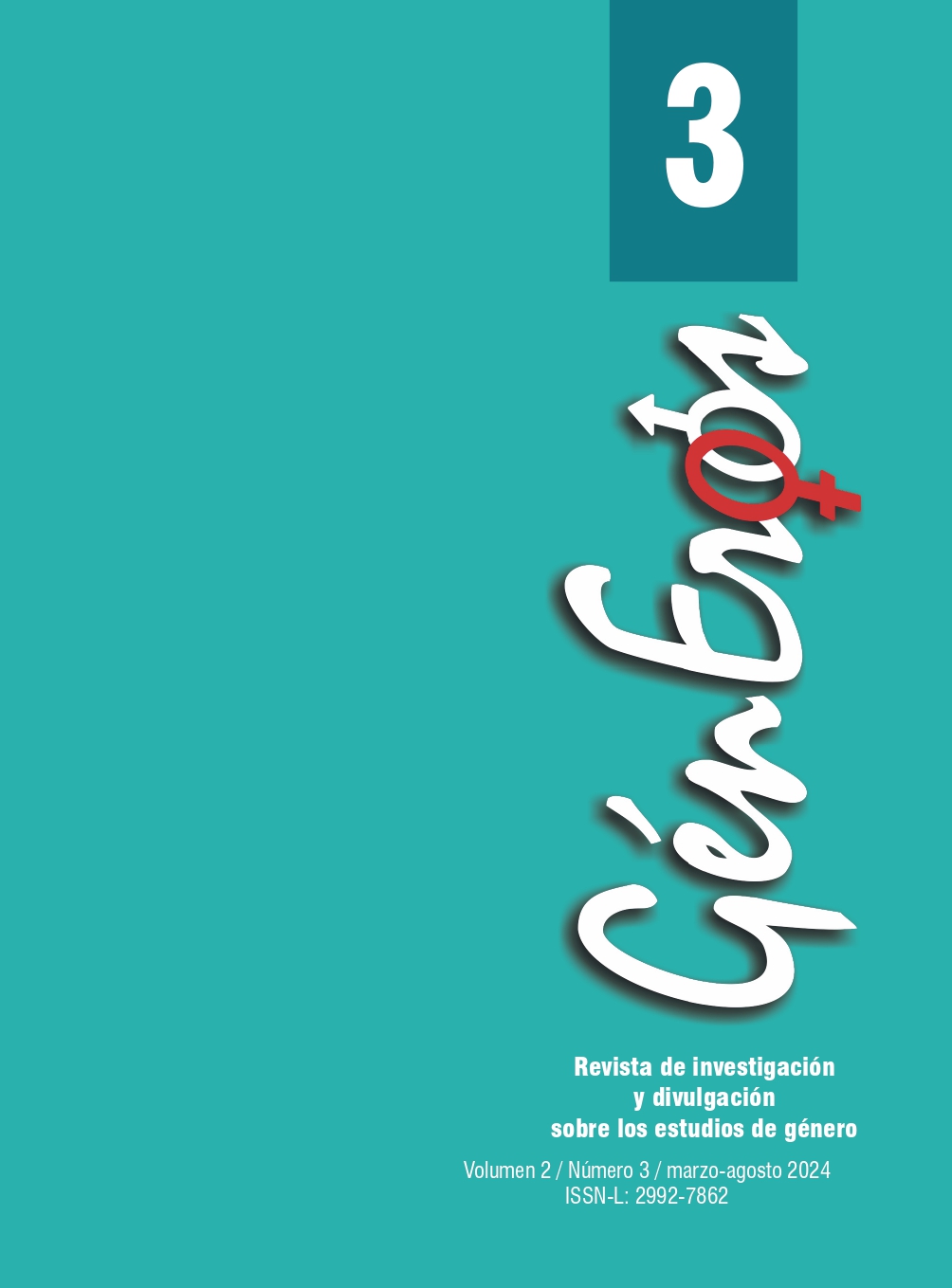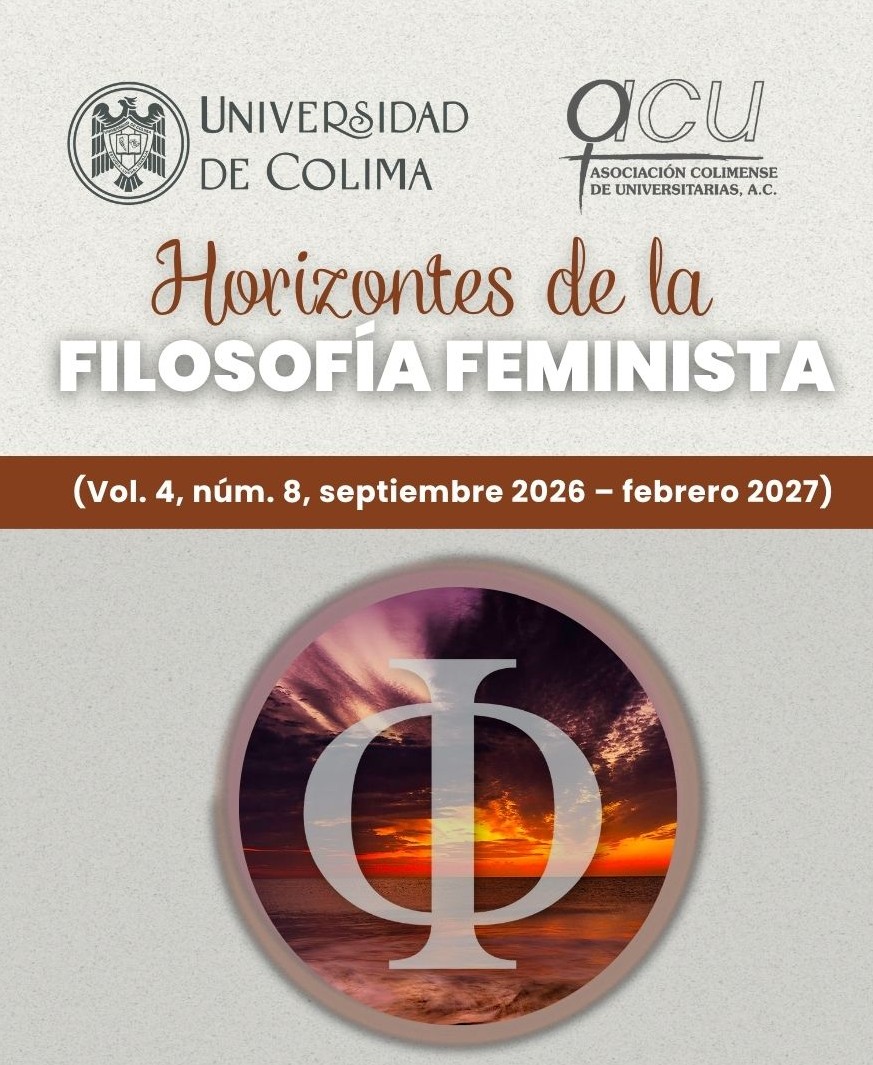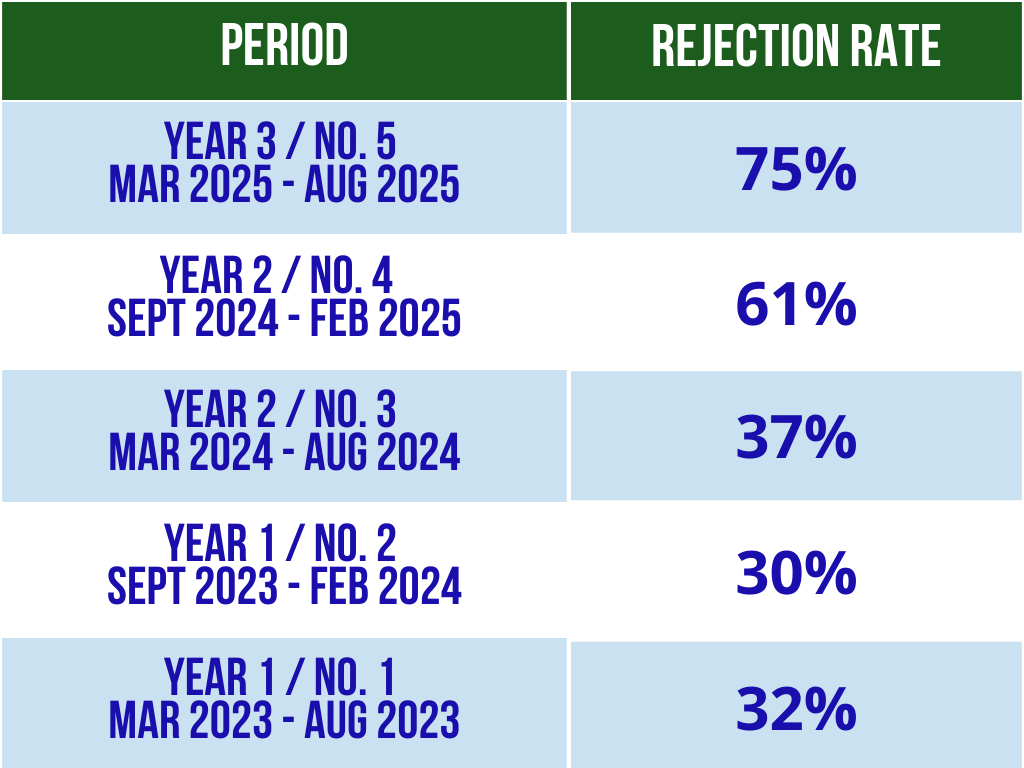Emotion associated with the fatherhood of heterosexual men of three generations in Colima, Mexico in the Century XXI
DOI:
https://doi.org/10.53897/RevGenEr.2024.03.08Keywords:
fatherhood, emotions, masculinities, generations, menAbstract
The aim of this study is to analyze the emotions associated with fatherhood in order to understand their relationships with the construction of the identities of men from three generations in Colima, Mexico. The research approach was qua-litative because it sought to describe and identify a reality constructed by the actors involved. The ethno-sociological method of Bertaux (2005) was chosen, which is grounded in ethnography to observe the various worlds and relationships through the analysis of the narratives provided by the participants. By conducting this review, it is possible to move from the specific to the general in search of elements that can explain large-scale sociological processes. One of the most relevant findings is that the men in the study allow themselves to experience a wider range of emotions in relation to their daughters and sons. This becomes significant from two perspectives. First, because the emotions described by the participants are directly related to how they perceive their role as fathers. Second, because emotions serve as carriers of mea-ning, demonstrating the communicative capacity of emotions between men and their daughters and sons.Downloads
Metrics
References
Armon-Jones, C. (1986). The social functions of emotion. En: R. Harré (ed.), The social construction of emotions (pp. 57-82). Basil Blackwell.
Berger, P. y Luckmann, T. (2003). La construcción social de la realidad. Amorrortu Editores.
Bertaux, D. (2005). Los relatos de vida. Ediciones Bellaterra.
Elser, J. (2001). Sobre las pasiones. Emoción, adicción y conducta humana. Paidós.
Enríquez, R. y López, O. (2014). Introducción. En: R. Enríquez y O. López (ed.), Las emociones como dispositivos para la comprehensión del mundo social (pp. 13-25). ITESO-UNAM.
García, A. y Sabido, O. (2014). Cuerpo y afectividad en la sociedad contemporánea. UAM.
Hall, S. (1996). Introducción: ¿Quién necesita identidad? En: S. Hall y P. Du Gay (ed.),Cuestiones de Identidad Cultural (pp. 13-39). SAGE. https://antroporecursos.wordpress.com/wp-content/uploads/2009/03/hall-s-du-gay-p-1996-cuestiones-de-identidad-cultural.pdf
Hernández, R. (2014). Metodología de la investigación. McGraw-Hill.
Kaufman, M. (1995). Los hombres, el feminismo y las experiencias contradictorias del poder entre los hombres. En: L. Arango, M. León y M. Viveros (ed.), Género e identidad. Ensayos sobre lo femenino y lo masculino (pp. 123-148). Tercer Mundo.
Keijzer, De B. (1998). Paternidad y transición de género. En: Schmuckler, B. (Ed.), Familias y relaciones de género en transformación: Cambios trascendentales en América Latina y el Caribe. México: Editores Mexicanos Asociados. https://www.academia.edu/37278450/Femeris_Revista_Multidisciplinar_de_Estudios_de_G%C3%A9nero
Medina, E. (2020). Prácticas y significados de la paternidad y relaciones conyugales en hombres heterosexuales de tres generaciones de Colima en el siglo XXI. Tesis de doctorado en ciencias sociales. Universidad de Colima.
Mieles, M.; Tonon, G. y Alvarado S. (2012). Investigación cualitativa: El análisis temático para el tratamiento de la información desde el enfoque de la fenomenología social. Universitas Humanística, (74): 195-225. https://www.redalyc.org/pdf/791/79125420009.pdf
Noble, A. (2014). Prólogo. En: R. Enríquez y O. López (ed.), Las emociones como dispositivos para la comprehensión del mundo social (pp. 9-12). ITESO-UNAM.
Núñez, G. (2013). Hombres sonorenses. Un estudio de género de tres generaciones. Pearsons Educación.
Ramírez, J. (2014). Los hombres y las emociones: Atisbos por a partir de las relaciones de poder en la pareja. En: A. Cuevas (ed.), Familias, género y emociones. Aproximaciones interdisciplinarias (pp. 103-130). Universidad de Colima.
Rojas, O. (2012). Masculinidad y vida conyugal en México. Cambios y persistencias. Géneros, 10 (18): 79-104. http://bvirtual.ucol.mx/descargables/378_masculinidad_vida_conyugal.pdf
Vela, F. (2013). Un acto metodológico básico de la investigación social: La entrevista cualitativa. En: M. Tarrés (ed.), Observar, escuchar y comprender. Sobre la tradición cualitativa en la investigación social (pp. 43-95). FLACSO.
Published
How to Cite
Issue
Section
License
Copyright (c) 2024 Eudes Jairo Medina Mendoza; Iván Ulianov Jiménez Macías, Sara Lidia Pérez Ruvalcaba

This work is licensed under a Creative Commons Attribution-NonCommercial-ShareAlike 4.0 International License.
GénEroos Magazine allows you to share, copy and redistribute the material in any medium or format; adapt, remix, transform and build upon the material, crediting the work appropriately and providing a link to the licence, indicating if changes have been made.












